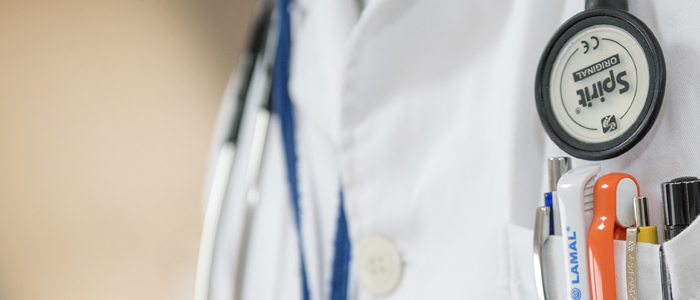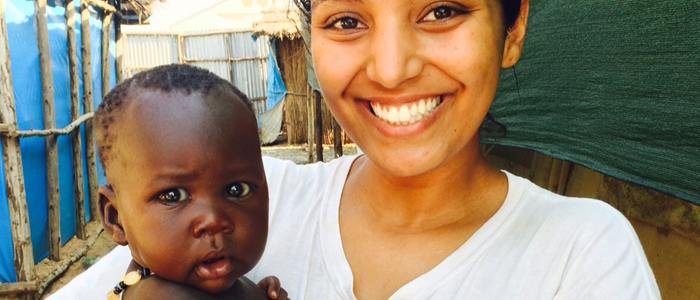
Call 0330 880 3600 Calls may be monitored or recorded. Opening Times.
- TRAVEL INSURANCE
- COVID-19 ENHANCED COVER
- More Options
- Help & Advice
- Existing Customers

Call 0330 880 3600 Calls may be monitored or recorded. Opening Times.

1. Cholera About
Cholera is a potentially fatal intestinal bacterial disease. The mortality rate of treated cholera is one percent and of untreated cholera, fifty to sixty percent. This infectious disease kills quickly, and in serious cases that are untreated, fatality can occur in just a few hours of onset. The World Health Organization estimates up to five million people are infected with cholera annually and of these, up to 150,000 deaths. Cholera is not present in the UK, although there are about ten cases a year that arise in people who have visited affected parts of the world.
Cholera is caused by certain strains of Vibrio cholerae bacterium. These thrive in aquatic environments and hence are found in water, shellfish and plankton. The disease is usually contracted through the consumption of contaminated food or water, particularly in areas with poor sanitation. Affecting the small intestine, cholera causes severe diarrhoea and vomiting.
Cholera is mostly spread via water contamination and so can be contracted via the ingestion of food, drinks and shellfish that have been contaminated with Vibrio cholerae bacteria. They can naturally occur but are normally present due to faecal contamination. Water becomes contaminated when there is poor sanitation and the faeces of infected people enters the groundwater, waterways or drinking water. Shellfish and plankton living in such water become contaminated, as does food washed in contaminated water. Cholera is very rarely spread through direct contact with an infected person.
Cholera is endemic in approximately fifty countries. It is common for large outbreaks to occur following natural disasters which disrupt water and sewerage systems. Cholera outbreaks are also rife during times of war and in settlements like refugee camps where there may be limited clean water and inadequate sewage disposal facilities. You can catch cholera in the following parts of the world:
If travelling to any of these areas, you should arrange an appointment with your GP or travel nurse as soon as you know you will be travelling or at least two months before your departure date.
2. Cholera Prevention

When travelling to a country where cholera is widespread, you should obtain advice from your GP or travel nurse. Cholera is completely preventable and normally, taking food and water hygiene precautions are sufficient to prevent contraction. However, if you are likely to have limited access to healthcare or are an aid worker, you may be prescribed the cholera vaccine. The vaccine is sometimes prescribed to children and those with compromised immune systems.
The cholera vaccine is administered via a drink in a series of two or three doses over six weeks. The vaccine remains effective for six months in children and two years in adults. As such, if you are prescribed the vaccine and will be abroad for an extended period you will require booster doses.
Whether or not you are prescribed the vaccine, it is important to take precautions to prevent the contraction and spread of the disease. When travelling to any area where cholera is endemic, always take extra care with food and water.
Wherever possible:
Use safe water:
In some areas where there is a high risk of cholera, locals use cotton, silk or nylon cloth folded up to eight times to filter their water. The cloth is then washed in safe water and dried in the sun to kill bacteria. This method of prevention is thought to reduce rates of cholera infection by almost half. While it is not recommended, it can be used in an emergency.
There are several drugs used to help with cholera prevention. In the UK, the only drug prescribed for cholera prevention is:
Other internationally available cholera vaccines are:
Cholera vaccines are suitable for the majority of people, although you need to tell your GP or travel nurse if you:
Vaccinations only defend against some strains of Vibrio cholerae, therefore no method of immunisation offers complete protection against cholera. Food and drink hygiene remains of utmost importance in prevention.
In the UK, the cholera vaccine, Dukoral, is used. It contains inactivated bacteria which induce the immune system into creating antibodies that fight cholera. These antibodies remain in the body for up to two years, thus protecting against future exposure to cholera.
Dukoral is suitable for anyone aged two years old and over. It comes in a sachet and is dissolved in liquid. A course of two or three doses must be taken at intervals over a period of six weeks as specified by the medical practitioner. The last dose is typically taken one week before travel. Booster doses are required after two years in children aged over six and in adults. Children aged between two and six years old need boosters after six months.
3. Cholera Symptoms
Cholera signs and symptoms normally begin two to five days after contraction as there is an incubation period. Occasionally, symptoms develop within a couple of hours. However, in seventy-five percent of cases, there are no symptoms at all. In these instances, the infected people still excrete the bacteria for up to two weeks, increasing the risk of cholera spreading. Of the remaining cases, most people display mild symptoms, with only ten percent having severe symptoms.
Typical cholera symptoms are:
Fluid loss with severe cholera is colossal. A severely ill person can lose up to twenty litres a day. If fluids are not replenished, the person will become severely dehydrated and go into shock. In the worst cases, this is followed by circulatory collapse and organ failure. Severe cholera that is untreated can cause death in a few hours.
Symptoms of dehydration include:
If you suspect you are infected with cholera you should immediately seek medical assistance. Remember that symptoms of cholera can develop up to five days after contraction, which could be after you return home. A stool sample may be tested to check whether you have cholera. If cholera is confirmed or suspected, treatment will commence straight away. Cholera can be serious but in most cases causes mild symptoms. When treated promptly, ninety-nine percent of people make a full recovery.
4. Cholera Treatment
All strains of cholera are curable, but they must be treated as soon as possible. Cholera is only fatal if left untreated.
There are several different cholera vaccines used internationally. In the UK, the cholera vaccine is called Dukoral and is taken orally.
Cholera treatment options include rehydration and antibiotics, although diet is also helpful to recovery. Anti-diarrhoeal medication should not be taken to treat cholera.
Treatment options for cholera are:
People infected with cholera are encouraged to eat normally as this speeds the recovery of the small intestine. The inclusion of bananas and coconut water in the diet helps replenish potassium levels which deplete as dehydration is rectified.
We teamed up with Dr. Ana Leticia Nery from Médecins Sans Frontières / Doctors Without Borders to provide us with some expert insights into Cholera. Dr. Ana Leticia Nery is a trained doctor and Medical Coordinator working in Yemen where Cholera has reached epidemic proportions.

A. “Cholera often breaks out when there is overcrowding and inadequate access to clean water, rubbish collection and proper toilets. This means there can be serious risk of a cholera outbreak in the aftermath of emergencies such as earthquakes or in war zones, although it can strike anywhere. The situation can be especially problematic in rainy seasons when houses and latrines flood and contaminated water collects in stagnant pools. This year there have been cholera outbreaks in Yemen, the Democratic Republic of Congo, north east Nigeria and Chad as well as other countries.”
A.“No – the two most commonly used cholera vaccines have around 65% protection against cholera for up to 5 years following vaccination. These are additional ways to control cholera, but should not replace conventional control measures such as good hygiene, water sanitation and surveillance.”
A.“If someone has severe cholera and it is left untreated, it can kill within hours. However most of those infected will have no or mild symptoms, and can be successfully treated with oral rehydration solution. Severe cases very quickly need to get access to intravenous fluids and antibiotics.”
A.“Cholera is a waterborne disease. Someone who has cholera has been drinking dirty water or disregarding personal hygiene measures such as hand washing. To avoid contracting it, don’t drink dirty water or eat food which has come into contact with dirty water and wash your hands regularly. Make sure you only drink bottled or purified water."